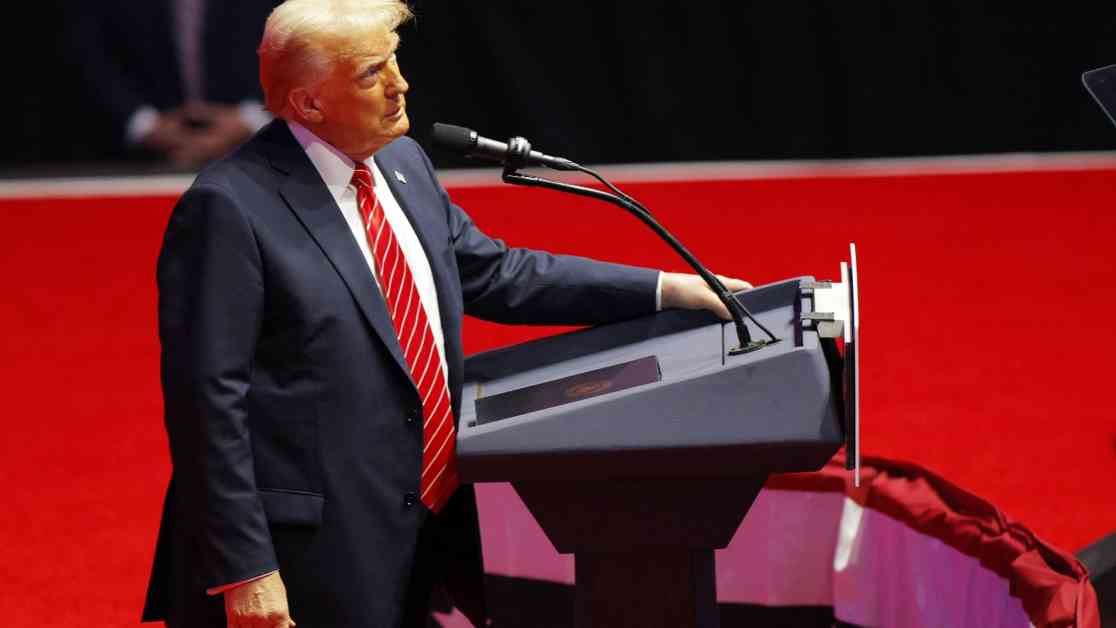President-elect Donald Trump has made a noteworthy decision to delay the implementation of new tariffs on his first day in office. This move comes as a surprise to many, considering his strong stance on trade policies during his campaign. Instead of immediately imposing tariffs on U.S. trading partners, Trump will be signing a broad trade memorandum on Monday.
The memorandum will instruct federal agencies to conduct a thorough assessment of unfair trade practices and currency policies with other nations, particularly focusing on China, Canada, and Mexico. While this directive signifies a shift in Trump’s trade strategy, it does not include any immediate imposition of duties on these countries.
This breaking news was first reported by The Wall Street Journal, shedding light on Trump’s evolving approach to trade. During his campaign, Trump advocated for universal tariffs, proposing a 20% levy on all imports and a staggering 60% rate on Chinese goods. However, recent discussions within his camp reveal a more gradual plan involving monthly tariffs incrementally increasing by 2% to 5% on trading partners.
Many economists have expressed concerns about the potential impact of such protectionist trade policies. They fear that increased tariffs could lead to higher production costs and consumer prices, particularly as the global economy navigates through post-pandemic inflation challenges.
Expert Analysis on Trade Policy
In light of these developments, experts are closely monitoring Trump’s trade policies and their implications on the economy. Megan Cassella from CNBC points out the significance of this memorandum and its departure from Trump’s previous rhetoric on tariffs.
Impact on Global Economy
The decision to delay new tariffs raises questions about the future of U.S. trade relations and its broader impact on the global economy. As the world awaits further details on Trump’s trade agenda, businesses and consumers alike are bracing for potential changes in the market dynamics.
Looking Ahead
As Trump prepares to take office, all eyes are on his upcoming executive actions and their implications for international trade. The delay in imposing tariffs marks a significant departure from his campaign promises, signaling a potential shift in his approach to economic policies. Stay tuned for more updates on this evolving story as it unfolds.
















